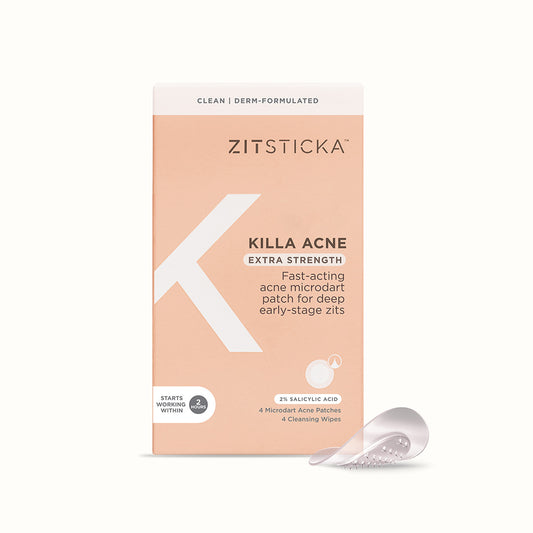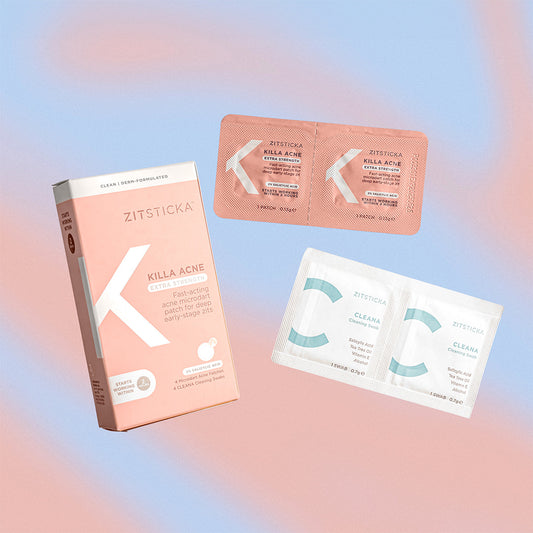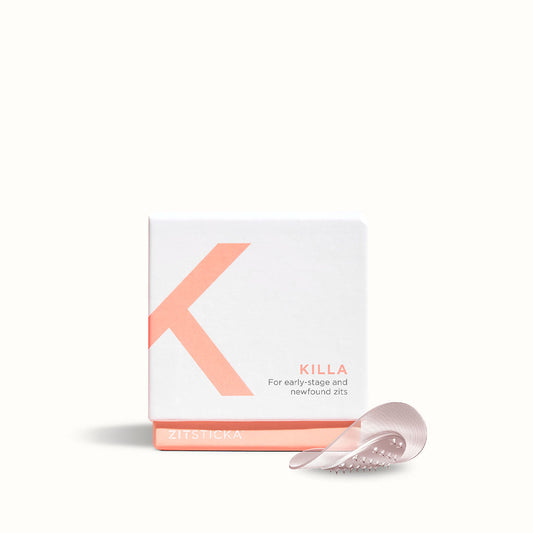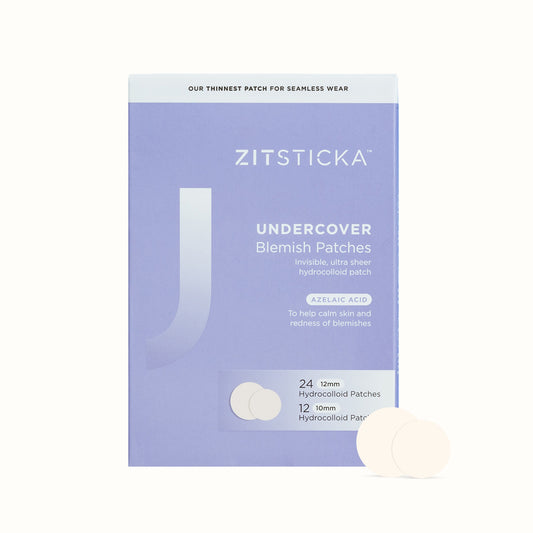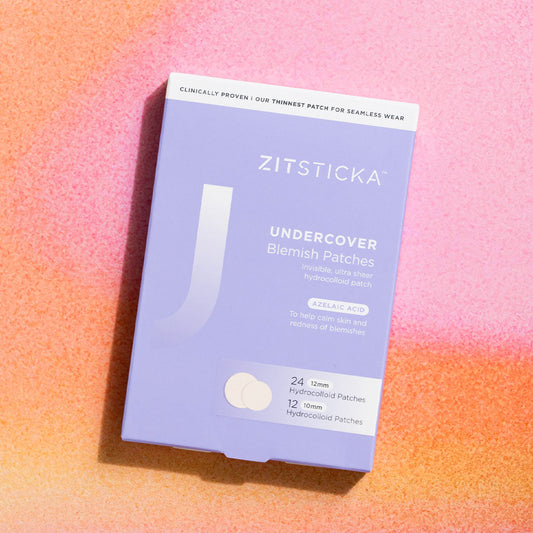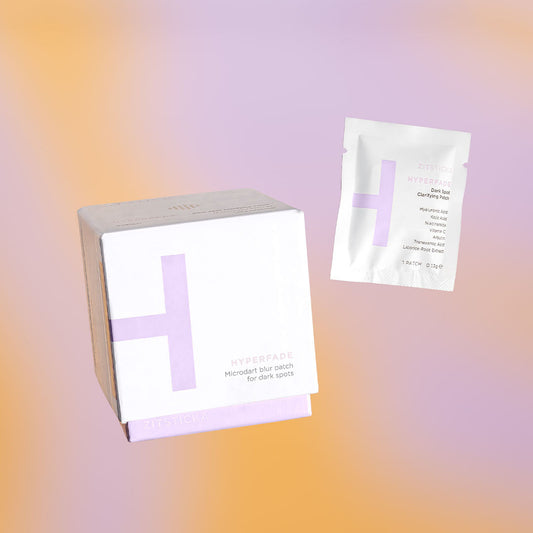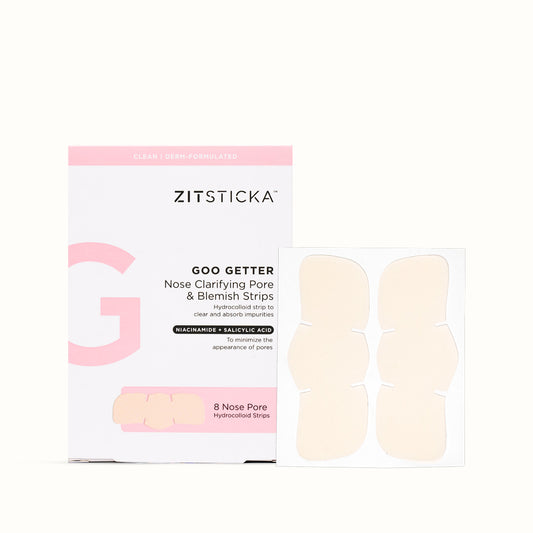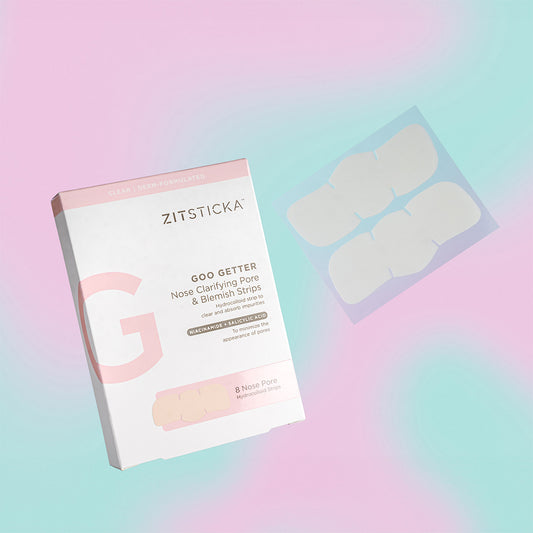I stopped chemically straightening my hair a few years ago, because honestly, I was tired of the pain of chemical burns on my scalp—an unfortunate side effect of chemically straightening Black hair.
However, even though I am very happy and comfortable with my hair in its natural state, I never used to wear my natural hair down in professional settings, because I felt uncomfortable with the comments and reactions it would inevitably provoke. Despite the fact that I’m well-educated, qualified, and good at what I do, I knew that wearing a straight wig would make some people think I was more adequately qualified to occupy that particular professional space.
While I wore my hair in its natural state to go on dates, hang out with friends, or just sit around at home, when it was time to head to work or go to a networking event, I would reach for a nice straight wig, because that is often the safest, most frictionless option.
Beauty Standards And Stereotypes
When it comes to hair, sleek and straight is typically deemed professional, and that is rooted in Eurocentric standards of beauty. Black hair is typically not naturally straight or sleek, so we as Black women spend a lot of time, money and effort trying to coax our naturally coily and curly hair into “professional” looking styles.
Even the styling methods that are best suited for protecting our hair—braids and locs—are often negatively viewed by society. It wasn’t so long ago that E! News Reporter, Giuliana Rancic implied that Zendaya’s locs smelled of weed(!). For this, Rancic received an appropriate level of heat because of her public prominence, but unfortunately, her view on Black hair is shared by other non-black, non-famous members of society.
The politics of Black hair
Black hair can be a political issue, too, and Black are labored with always having to consider how they will be judged for their hair in professional spaces. A really good friend of mine once admitted to me that she has a 'work wig', and I laughed at the time, because so did I, but in all sincerity, it is uncomfortable to have to document all the little changes we have to make to exist in certain spaces. It’s either wear a 'work wig', do something drastic or time consuming to make your hair look 'acceptable', or wear your hair out in its natural state, and run the risk of having uncomfortable encounters at work, with people making an unwanted fuss over your hair, or not taking you as seriously as if your hair were less *unruly*.
Black hair as a barrier to professionalism
Perhaps nothing captures the helplessness I sometimes feel in these situations like this viral video of a Black woman identified as Gracie, who had to just sit there and endure it while her white coworkers surrounded her, invading her personal space and pawing her hair. She got some criticism for “just standing there and letting them treat her like a zoo animal”, but as a Black woman working in a corporate space, I understand the instinct to put likeability above personal comfort. You never want to come across as problematic or “difficult to get along with”, so you bite your tongue and let things you don’t like slide, to keep the peace.
The move to “democratize hair”.
There are a few things that can be done to make Black women feel more comfortable about their hair in professional spaces.
There’s individual change. Individuals should rethink the way they engage with Black hair. A simple compliment is fine, of course. “Your hair looks good” or something along those lines is perfectly acceptable, but asking someone if they are wearing extensions, if that’s their “real hair”, and other things like that can make Black women uncomfortable. Also, stop touching Black people’s hair in professional spaces. Even asking us if you can touch our hair already puts us in a weird position, because even if we say no, now it’s just a little bit awkward.
There’s also legislative change. Last year, California became the first state to ban discrimination based on natural hair, after a referee forced a Black high school wrestler to cut his dreadlocks or forfeit his match. New York followed suit shortly after, and I hope to see this become law in other states as well.
To quote California’s Governor Newson during the bill signing ceremony, “That indignity forced the student to choose whether to “lose an athletic competition or lose his identity. That is played out in workplaces, it’s played out in schools — not just in athletic competitions and settings — every single day all across America in ways that are subtle, in ways overt.”
At the end of the day, I really just want Black hair to not be a big deal anymore.. No one makes a big deal of white hair. That is what I want for Black hair. For it to be as unremarkable as white hair in professional settings.
Like this piece? Here's why Black skin experiences post-zit dark spots differently

